Swimming is one of the most demanding full-body workouts, requiring strength, technique, and sustained energy. Whether you're training for your first 500-meter swim or aiming to improve your lap times, nutrition plays a crucial role in building endurance, speeding recovery, and maintaining motivation. This beginner’s guide breaks down the essentials of swim-specific nutrition, offers practical tracking tips, and provides motivation cues to keep you on course.
Water resistance makes swimming more energy-intensive than many land-based sports. Even moderate sessions burn significant calories, and long training sets demand consistent fuel. Without proper nutrition, swimmers may experience fatigue, poor recovery, muscle cramps, and decreased performance. The right balance of macronutrients—carbohydrates, proteins, and fats—supports energy production, muscle repair, and overall health.
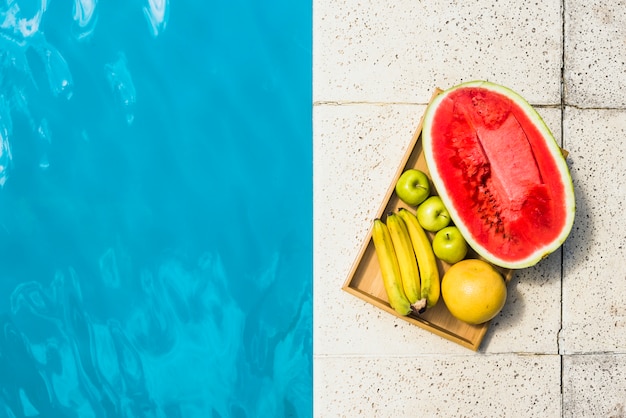
Carbs are the body’s preferred energy source during high-intensity and endurance exercise. For swimmers, consuming adequate complex carbohydrates ensures glycogen stores in muscles and liver remain topped up. Focus on whole grains, fruits, vegetables, oats, and legumes. Aim to get 50–60% of daily calories from carbohydrates, increasing slightly during heavy training weeks.
Swimming builds muscle endurance, and protein is essential for repairing micro-tears and supporting muscle synthesis. Include lean protein sources like eggs, Greek yogurt, chicken, fish, tofu, and legumes in every meal. Consuming 15–25 grams of protein within 30–60 minutes post-swim enhances recovery. Daily intake should be around 1.2–1.7 grams per kilogram of body weight.
Fats are vital for long-duration energy, especially during lower-intensity aerobic sets. They also support hormone production and nutrient absorption. Include sources like avocados, nuts, seeds, olive oil, and fatty fish (e.g., salmon). Limit saturated fats and avoid trans fats. Fats should make up about 20–30% of your daily intake.
Even though you’re surrounded by water, swimmers can become dehydrated. The cool pool environment masks sweat loss, but your body is still working hard. Dehydration leads to fatigue, cramps, and reduced coordination. Drink water consistently throughout the day. For sessions longer than 60 minutes, consider a sports drink with electrolytes to replenish sodium and potassium.
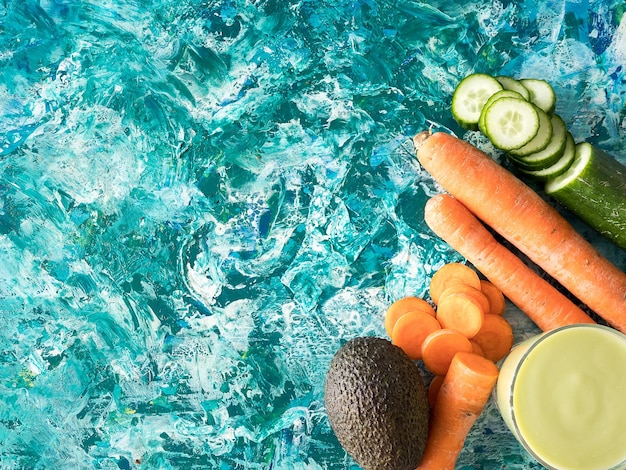
Tracking your nutrition helps identify patterns, improve consistency, and align intake with training demands. Here are simple, effective methods:
Consistency is key. Use these cues to stay motivated:
Nutrition is not a one-size-fits-all solution, but foundational principles apply to all swimmers. Focus on balanced meals, consistent hydration, and timely fueling around workouts. Use tracking to gain awareness and motivation cues to build lasting habits. Over time, smart nutrition will enhance your endurance, shorten recovery, and help you enjoy swimming at any level.
Start small, stay consistent, and let your plate power your performance—one stroke at a time.

Fitness
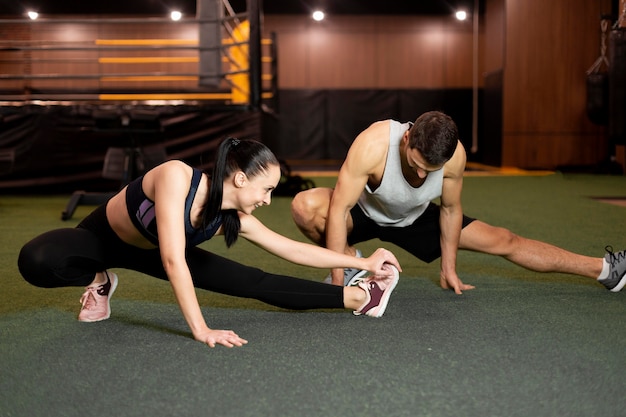
Fitness
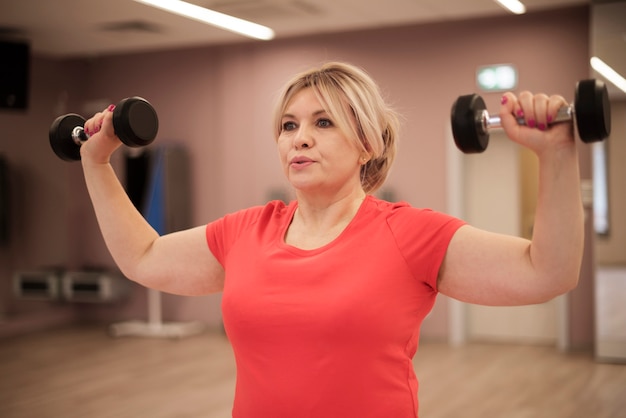
Fitness

Fitness

Fitness
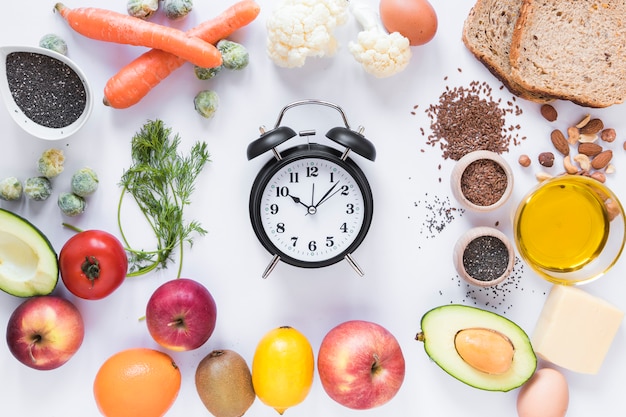
Health
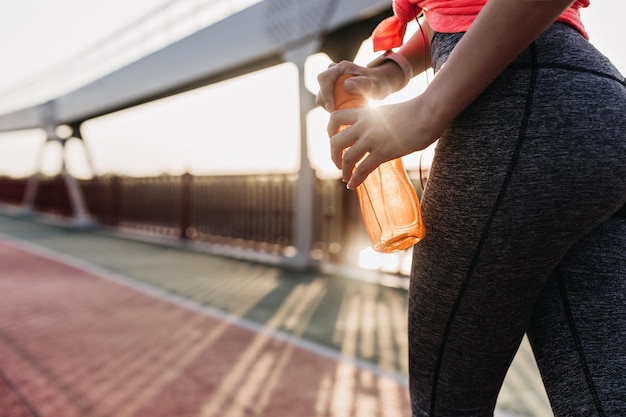
Fitness
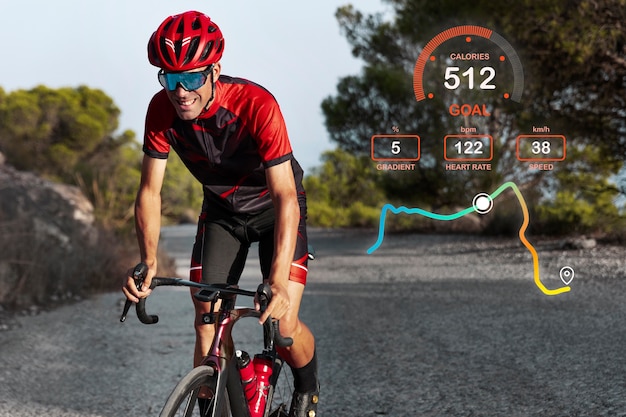
Fitness
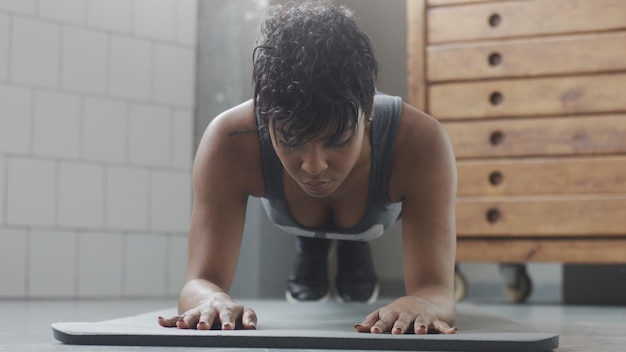
Fitness

Fitness

Fitness
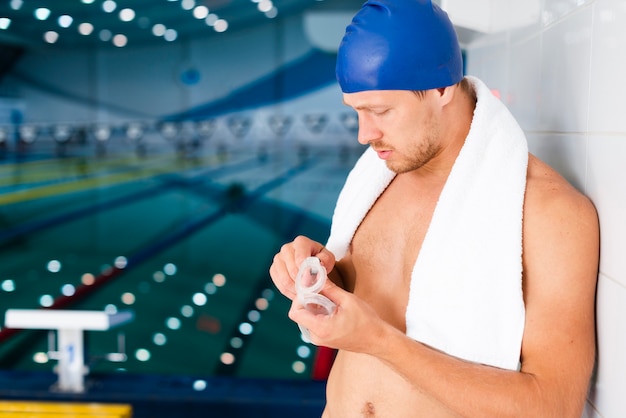
Fitness

Health

Fitness

Health

Health